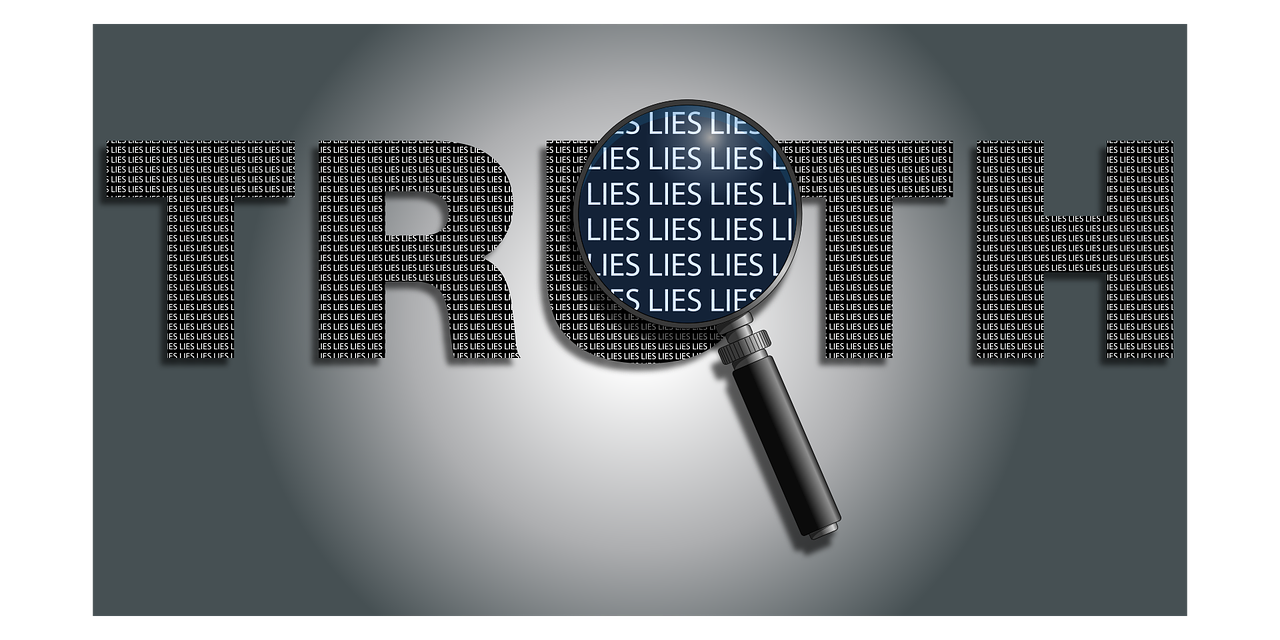From the looks of it, the Waymakers had finally bitten off more than they could chew. At best, they had been exposed as being ridiculously thin-skinned after apparently complaining about me telling them off via email. At worst, they had only escaped being racked up for falsely accusing me of harassing them via email.
What was beyond dispute was that as a result of a deal brokered by associate vice chancellor Dean Bresciani, we’d simply agreed not to contact each other. I accepted it because I was under the assumption that they would apologize to me–and there was no defensible reason not to at least give them the chance to apologize.
It seemed like a no-brainer that they would apologize. The Waymakers at least had a defense for most of their outrages. Their hectoring of people about being saved? Well, they believed telling people about Jesus was the ultimate act of friendship, especially considering that they thought the person’s spirit, not the person, was making him or her cuss them out or blow smoke in their faces. Their continued loyalty to Pastor Ron even in the face of irrefutable evidence that he’d lied about his Maranatha past? Well, they thought that since people were being saved at Carolina, that was all that really mattered. And on, and on, and on.
You could easily tear these defenses into confetti. But it’s one thing to have a bad defense. It’s quite another to have no defense at all. And there was absolutely, positively no defensible reason for them to complain about me simply telling them off via email without making any effort to de-escalate matters first. I figured that Morgan Bates was sober enough to see this. His theology may have been ugly, but I got the impression that he, like Perry Burkholder, had some sense of restraint.
That’s why it was a surprise that when I got a letter from Bresciani about the agreement in my Spanish class roughly two weeks after my sit-down with him, there was no mention of an apology. As days turned into weeks, it soon became apparent that no apology was forthcoming.
I knew that the Waymakers’ moral compasses had been severely warped. For instance, on what planet was I supposed to be happy for someone going 200 percent rabid fundie after being relentlessly hectored about being saved? But this was beyond even what I expected, even after “Operation Trojan Fundie” showed that this bunch was even more unhinged than I suspected. This was a breach of every standard of basic decency and civility that was known.
Did they believe that they hadn’t done anything wrong, and therefore felt there was nothing for which to apologize? Or did they hate me so much that they felt I didn’t deserve an apology? Neither scenario was a good look. And these were people who could potentially have influence on other college kids, and were likely being groomed for leadership at KPIC and Morning Star. Perry, remember, linked up with Waymaker during his student days, and was now KPIC’s youth pastor. Rita Handler had joined the campus ministers’ staff right after graduating. I later learned that a number of my fellow now-juniors were leading Bible studies.
To think I’d once considered these people my friends, my brothers and sisters. If I needed another reminder that I was not and could not be like them, this was it. Looking back on this two decades later, I see a lot of parallels with two very infamous cases in literature of good people turning horribly evil–Darth Vader and the lawyers at Bendini, Lambert and Locke in “The Firm.”
Vader, remember, had been lured to the dark side after Palpatine convinced him that the Sith were on the side of good. The influence of the dark side twisted him so much that not long after turning, he was already killing younglings on Palpatine’s orders without so much as batting an eyelash. By Episode IV, he was already presiding over the wipeouts of entire planets and systems who had dared raise their hands against the Empire. It was much like how Pastor Ron had convinced the Waymakers that all that mattered was that people were being saved–and then not batting an eyelash at behavior the rest of us would consider harassment.
The lawyers at the Bendini firm had a similar reaction. Yes, the firm was mobbed up to the hilt. But they were making more money than they would have ever seen anywhere else, and didn’t want to give it up. Eventually, they were deeply immersed in a massive money laundering/tax fraud scheme. Worst of all, the most senior partners knew that they were sending Mitch, and before him Kozinski and Hodge, to their deaths–and didn’t even blink at telling them to get on the firm Lear.
In hindsight, I was seeing a similar case of moral corruption with the Waymakers. It made it all the more sickening that, on paper, they may have skated close to the line, but hadn’t gone over it. There wasn’t enough–yet–to blow the whistle to their parents or to school officials. I didn’t know it at the time, but it turned out they actually had gone over the line. Several miles over it.
